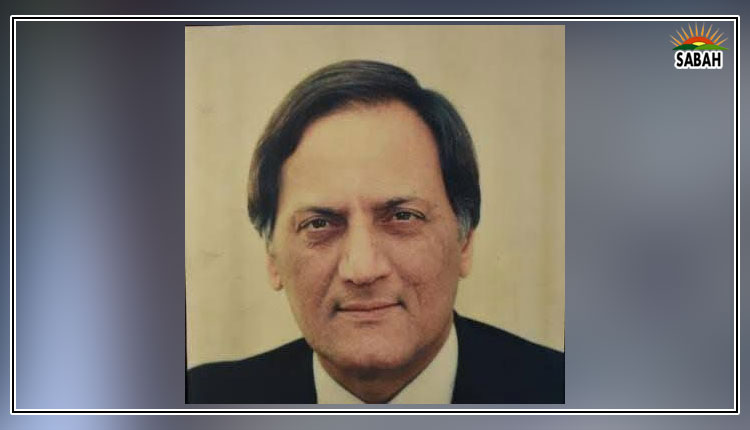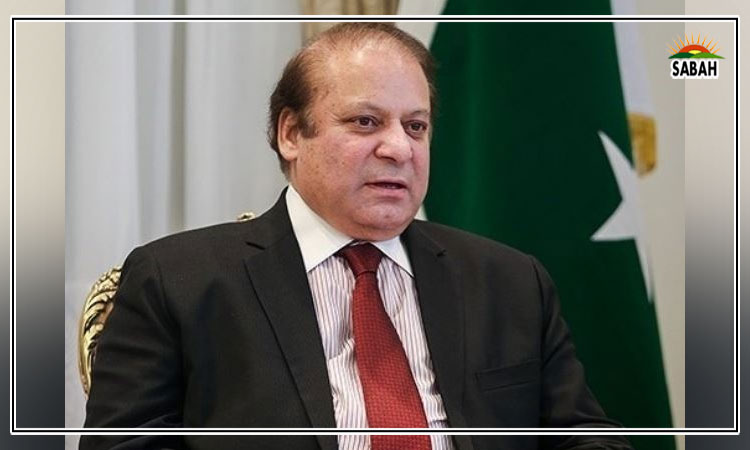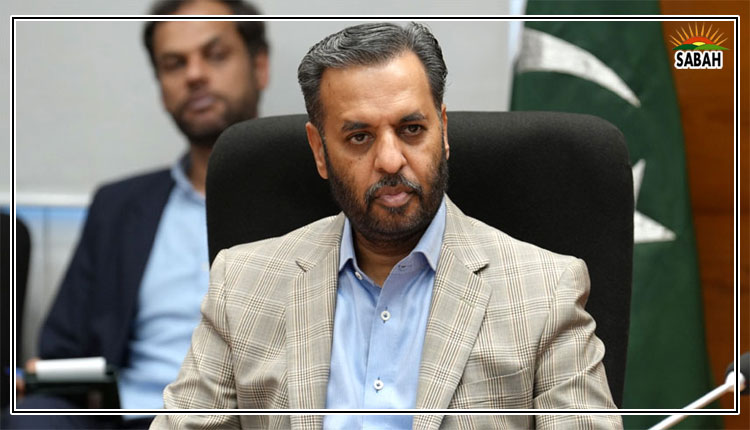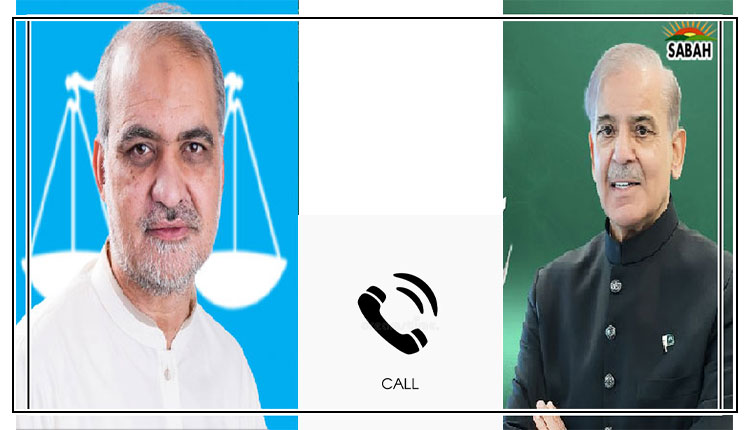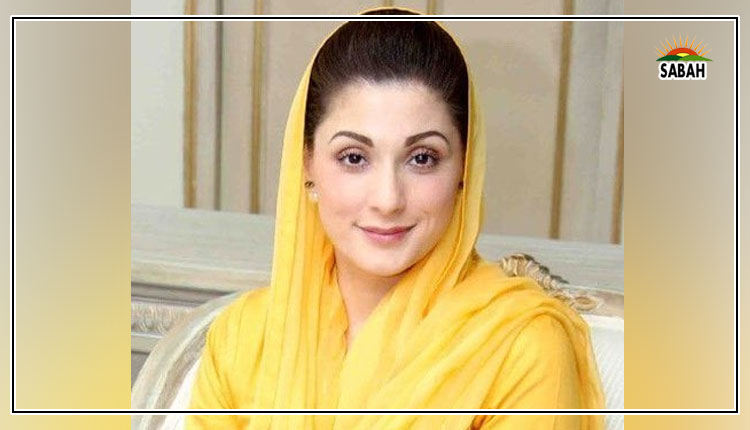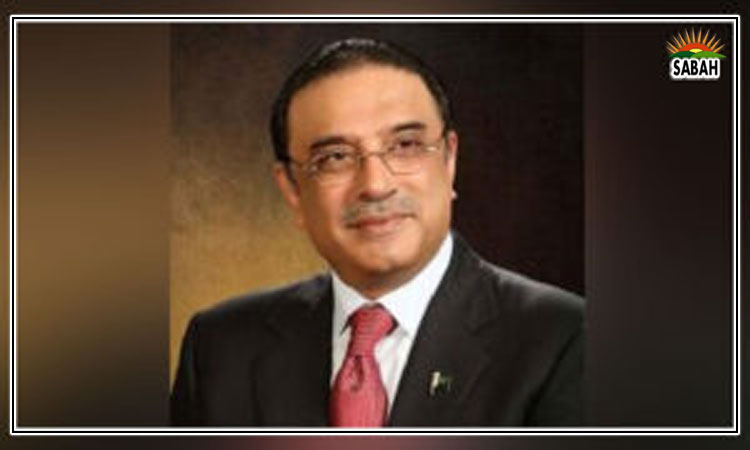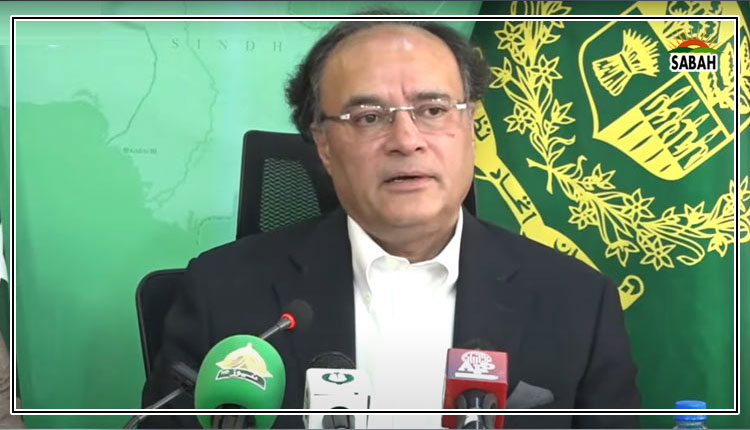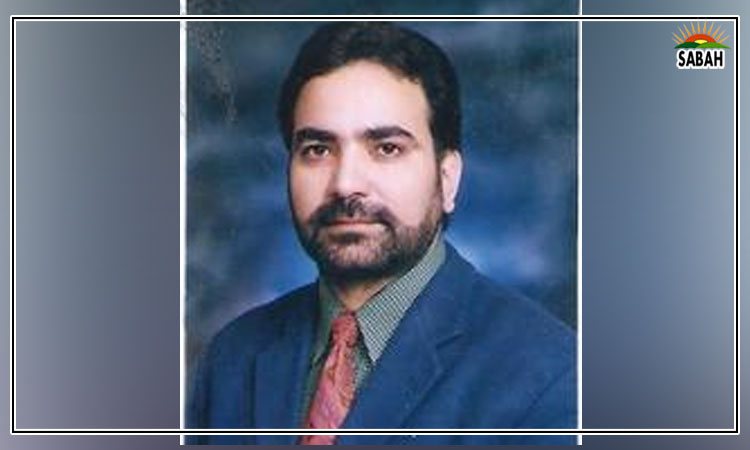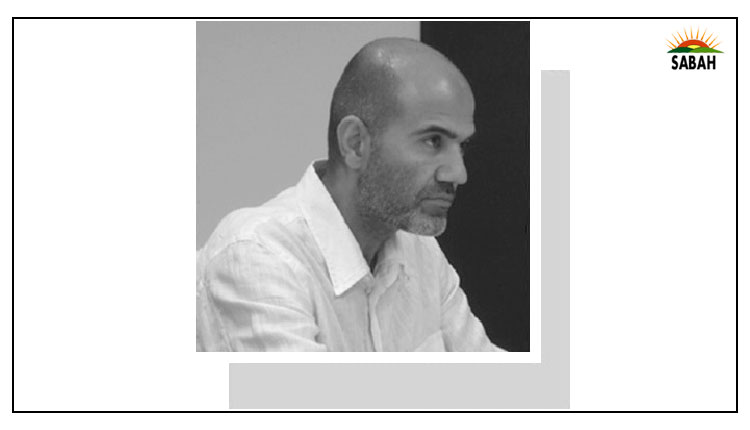The unseen worker…Aasim Sajjad Akhtar
THE PTI as we knew it is on its death-bed. While Imran Khan was always and is still the truly big fish in a small pond, the clearly forced departures of Shireen Mazari and Fawad Chaudhry, as well as the resignation of Asad Umar from leadership posts, confirms that this particular party both literally and figuratively is over.
There is much conjecture about the apparent lack of spine of the now ex-PTI leadership; some PDM/PPP supporters have almost gleefully emphasised that their leadership has endured far more hardship over the years than what the PTI has faced since the events of May 9 without ever abandoning ship.
All of Pakistans bourgeois political leadership has certainly played second fiddle to the military establishment for most of our history, and some have withstood more coercion than others, the Bhuttos (PPP) and Bilours (ANP) probably most of all. But there is no victory to be had in the PTIs defanging for any political party, let alone for Pakistans emaciated democracy.
It is noteworthy that otherwise untouchable members of the militarys own extended social network are paying a heavy price for their support of the PTI, epitomised by the tribulations of Lahori elites like Khadija Shah. Only time will tell whether such humiliations substantively erode the historical elite consensus in the hitherto insular and militarised Punjabi heartland.
Most of the repression will be borne by nameless PTI workers.
Indeed, until and unless Imran Khan is made completely powerless, it is still possible that a battered PTI could win a general election, assuming that one takes place in the next few months. The age-old minus-one formula could see what remains of the party leadership score enough brownie points with the establishment to retain at least a share of the khaki-coloured political pie.
Herein lies the rub. If there is one thing that can be inferred with certainty from the events of the past few weeks it is that the security establishment is still arbiter in Pakistani politics, even though its pomp rings hollower than ever.
In effect, the vast majority of the people, who have nothing to do with the intra-elite struggle, will continue to bear the brunt of our tortured, militarised political existence. Does the PTIs decline move us further towards a politics that, in the medium to long run, breaks the rinse-and-repeat cycle?
Even in the short run, most state repression will ultimately be borne by nameless PTI workers. Indeed, at least some who are being hounded, arrested and tried right now may not have anything to do with the PTI at all.
Then there is a much broader layer of unseen workers in this country both avowed political workers and those from humble class backgrounds, who do not formally consider themselves politically active but hold concrete political opinions who are still lashing out through social media platforms or have temporarily been scared into silence.
What will become of this swathe of predominantly young people? Unlike potential MPAs and MNAs who will join whichever mainstream party/parties that is set to enjoy khaki patronage for the foreseeable future, the unseen worker sees no obvious way forward in our establishment-centric political order. The most likely option of all is a retreat into political nihilism, which, in the context of the deep structural crises of state and society, is anything but good news.
Whatever the PDM regimes spin doctors may be saying, the economy is not suddenly on the path to recovery. Sovereign default continues to stare us in the face while debt servicing and defence remain sacred cows. The colonisation of land, water, forests and minerals continues unabated with property dealers like Malik Riaz enjoying complete impunity.
The plethora of unseen and youthful workers who came to constitute Imran Khans popular support was mobilised for a reactionary politics which the security establishment is now quelling for its own reasons. But to assume that this broader demographic is either too cultish or uninterested in a political project that genuinely aims at democratisation of state and society is to miss the forest for the trees.
I am not nave enough to believe that a progressive politics can or will be constructed on the ashes of the PTI, at least partially because the latter can be resurrected by the establishment in a new form to suit its needs. But a progressive, anti-establishment politics of the people focused on ecological, demographic, class, gender and ethnic-national concerns is our most urgent imperative, irrespective of what happens to the PTI or the PDM parties that are contentedly observing the current wave of software updates. The unseen worker is arguably the most important political figure in what is an increasingly grim story. We ignore this worker at our peril.
The writer teaches at Quaid-i-Azam University, Islamabad.
Courtesy Dawn, May 26th, 2023



